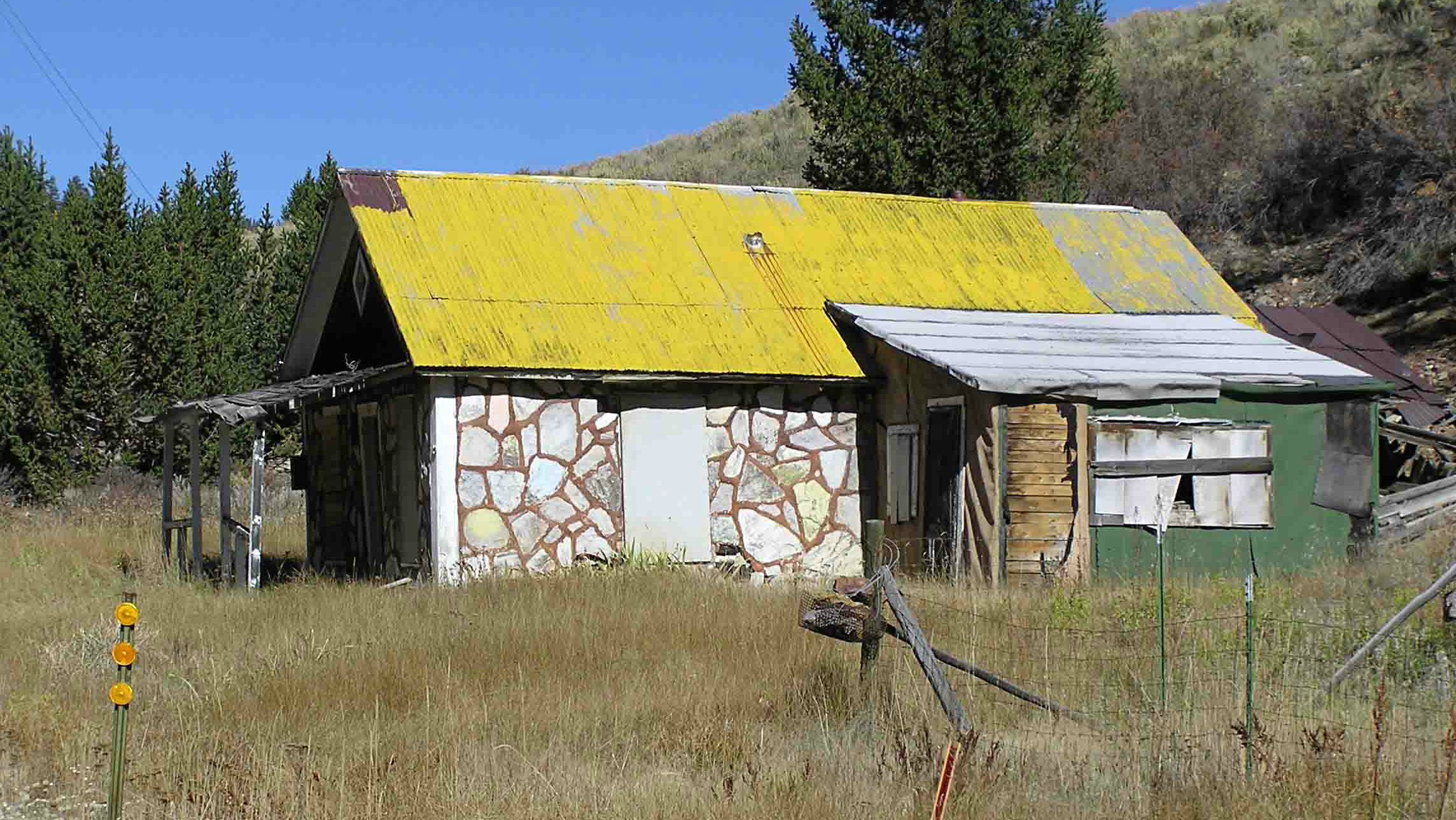
Located in rural Saguache County, Bonanza earned its name in 1880 when silver miners thought they’d hit it big.
The local mines lived up to expectations for a short while, and the little mountain town swelled to over 1,000 people.
The silver petered out, though, and most of the population had already left by the time a fire ravaged the town in 1937.
Today only one person lives in Bonanza full time, although a handful of hardy souls make their home in the secluded hills surrounding the town.
Tourists make their way up the 15-mile dirt road to gain access to the public lands around Bonanza for hunting and ATV trails during the summer, and history and genealogy buffs visit the cemeteries around the area.
Other than that, Bonanza offers a lot of peace and quiet.
But soon, Bonanza may be declared abandoned, no longer an incorporated Colorado town.
This month the Secretary of State's office will make its final decision following a January hearing to determine whether the town has failed to perform its duties for at least five years.
Mark Perkovich is the lone full-time resident of Bonanza and says he likes living there and wouldn't know where else to live if he had to move. He says that if the town had to be disincorporated by the state it would be "the natural course of things."
Perkovich says it would be nice to keep the town's autonomy but there aren't enough residents to enforce bylaws or regulations.
Andrew Cole, a spokesperson from the Colorado Secretary of State’s office, says a town may be deemed abandoned if it has failed to complete necessary state filings, produce a budget, hold elections or perform other functions for a period of at least five years.
Forty-three other Colorado towns have become extinct over the past 10 years:
- Chihuahua, Summit County, 2013
- Acequia, Douglas County, 2007
- Deckers, Douglas 2007
- Douglas, Douglas County, 2007
- Frankstown, Douglas County, 2007
- Greenland, Douglas County, 2007
- Huntsville, Douglas County, 2007
- Lehigh, Douglas County, 2007
- Louviers, Douglas County, 2007
- Russelville, Douglas County, 2007
- West Creek, Douglas County, 2007
- Critchell, Jefferson County, 2005
- Boston, Summit County, 2005
- Braddoks, Summit County, 2005
- Carbonateville, Summit County, 2005
- Clinton City, Summit County, 2005
- Conger’s Camp, Summit County, 2005
- Cow Camp, Summit County, 2005
- Curtin, Summit County, 2005
- Decatur, Summit County, 2005
- Delaware Flats, Summit County, 2005
- Dickey, Summit County, 2005
- Dyersville, Summit County, 2005
- Excelsior, Summit County, 2005
- Farnham, Summit County, 2005
- Old Keystone, Summit County, 2005
- Kokomo, Summit County, 2005
- Lakeside, Summit County, 2005
- Lincoln, Summit County, 2005
- Masontown, Summit County, 2005
- Naomi, Summit County, 2005
- Parkville, Summit County, 2005
- Recen, Summit County, 2005
- Rexford, Summit County, 2005
- Robinson, Summit County, 2005
- Sts. John, Summit County, 2005
- Swan City, Summit County, 2005
- Swandyke, Summit County, 2005
- Tiger, Summit County, 2005
- Uneva Lake, Summit County, 2005
- Valdoro, Summit County, 2005
- Wapiti, Summit County, 2005
- Wheeler, Summit County, 2005













